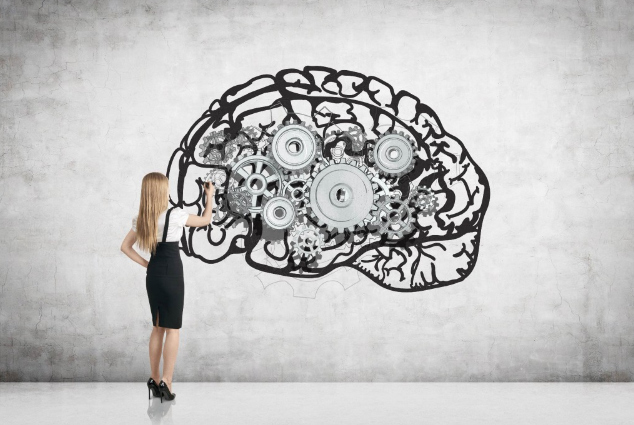In the realm of technology and artificial intelligence (AI), cognitive systems represent a significant leap forward. These advanced systems combine the power of AI algorithms with human-like intelligence to simulate human cognition, perception, and decision-making capabilities. In a simple definition, cognitive systems are AI-based systems that aim to mimic and augment human cognitive abilities.

They encompass a wide range of technologies, including natural language processing, machine learning, computer vision, and knowledge representation. Unlike traditional AI systems that focus on narrow tasks, cognitive systems aspire to understand, reason, learn, and interact with humans in a more natural and intelligent manner.
Key Features of Cognitive Systems:
- Natural Language Processing: Cognitive systems can understand and process human language in its natural form, enabling seamless communication between humans and machines. They interpret text, speech, and even emotions, facilitating conversational interfaces and intelligent virtual assistants.
- Machine Learning and Reasoning: Cognitive systems utilize machine learning algorithms to analyze vast amounts of data, detect patterns, and make predictions. They employ reasoning mechanisms to derive insights, generate recommendations, and support complex decision-making processes.
- Contextual Awareness: Cognitive systems possess the ability to understand and adapt to contextual information. They consider situational factors, user preferences, and historical data to provide personalized and relevant responses or actions.
- Perception and Computer Vision: Cognitive systems leverage computer vision techniques to interpret and understand visual information from images and videos. They can recognize objects, detect faces, analyze gestures, and even interpret visual emotions.
- Learning and Adaptation: Cognitive systems continuously learn from user interactions, feedback, and new data to improve their performance. They can adapt their behavior, models, and responses over time, becoming more accurate and efficient in their tasks.
The advent of cognitive systems brings both opportunities and considerations. While these systems offer significant advancements in efficiency, productivity, and decision-making, ethical considerations must be addressed. It is important to ensure transparency, accountability, and fairness in the design and use of cognitive systems to mitigate potential biases and unintended consequences.
Cognitive systems represent a remarkable fusion of AI and human-like intelligence, enabling machines to emulate human cognition and perception. With their natural language processing, reasoning abilities, and contextual awareness, cognitive systems are poised to revolutionize industries such as healthcare, customer service, finance, manufacturing, and education. As we explore the potential of cognitive systems, it is crucial to navigate the ethical dimensions and ensure responsible development and deployment. By harnessing the power of cognitive systems, we can unlock new possibilities and empower humans to collaborate with intelligent machines for a more productive and insightful future.
Cognitive systems are being used in so many industries and cases such as Healthcare, customer service, financial services, manufacturing and supply chain, educational system, and so on. The versatility and adaptability of cognitive systems make them suitable for a wide range of use cases, where they can augment human capabilities, improve decision-making, and enhance overall productivity.
Category: AI
Tags: Cognitive Systems